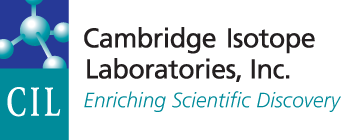Glyphosate Use and Regulations
Glyphosate, the active ingredient in Roundup® and numerous other herbicides, is one of the most widely used active-ingredient weedkillers in the world. While it is used in a broad range of industries, it is predominately used by farmers harvesting soy, corn, cotton, canola, alfalfa, and sugar beets. Glyphosate is sprayed directly onto crop fields prior to planting, which is advantageous to farmers as it eliminates the need for tilling weeds, and reduces soil erosion. Companies have produced genetically modified crops that withstand the weed-killing effects of glyphosate to allow its use without harming crop growth.
Glyphosate has become increasingly controversial, with mixed reports regarding possible health effects and human exposure concerns. Owing to the inconsistent reports on health effects, the European nations were unable to reach a decision regarding the renewal of the European sales license for glyphosate products, which was set to expire at the end of June 2016. The European Commission granted a last-minute reprieve to allow an 18-month extension of glyphosate use through December 31, 2017. While the sales license remains active during this temporary extension, member states set conditions to restrict the use on public playgrounds, parks and gardens, as well as directly before harvest.1 Research on the human exposure concerns and effects will be ongoing during the extension, and the European Chemicals Agency (ECHA) will review the findings and make a decision regarding glyphosate use before the new deadline.
In the US, glyphosate and the related acid and salt compounds are currently undergoing registration review by the United States Environmental Protection Agency, which is required for all registered pesticides every 15 years. The assessment is expected to be completed by the end of 2016, at which time a decision will be made regarding the use of glyphosate in the US.2
To assist researchers with testing for glyphosate, CIL offers isotopically labeled and native glyphosate standards, as well as the major metabolite, aminomethylphosphonic acid (AMPA).
References
1. European Commission – Fact Sheet. FAQs: Glyphosate. Read more.
2. US EPA. Registration Review Process. Read more.
Roundup® is a trademark of Monsanto Technology LLC.
Glyphosate, Glufosinate, and Dicamba
